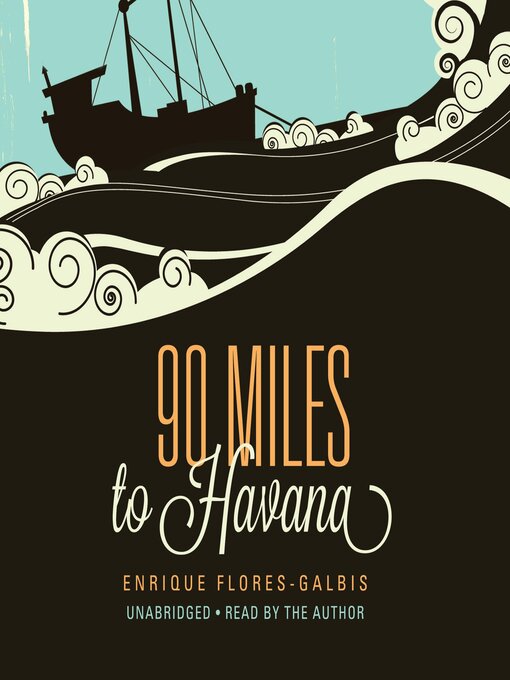
As the youngest of three brothers, Julian is used to alternatively being bossed around or ignored by his older brothers, Aquilino and Gordo. On New Year's eve, 1959, they and their father find themselves on their fishing boat, attempting to catch a fish for the New Year's meal. Catching a fish represents good luck for the rest of the year. Julian really wants to hold the fishing rod, and his father reluctantly lets him do so. A fish bites, but Julian is unable to reel it in. Gordo gives him a hard time, and even his father is disappointed as the family will not experience good luck this year. How right they all are.
On December 31, 1958, Fidel Castro and his revolutionaries overthrow Batista, the Cuban dictator, and move quickly to implement a socialist regime throughout the island. Things change quickly for Julian's family. Neighbors flee to the United States, and those unable to leave find themselves kicked out of their comfortable middle class houses. Julian's best friends, Angelita and Pedro, leave for Florida. A supporter of the new regime moves in next door and is appointed to enforce rules. As things get progressively worse, Julian's parents make the wrenching decision to send their unaccompanied children to the United States, with the hope of joining them as soon as possible.
Aquilino, Gordo and Julian thus find themselves among other Cuban children in a receiving camp where they await either being rescued by family members or sent to orphanages throughout the United States. The camp is dominated by Caballo, a bully the boys know from Cuba, and he makes the boys' lives miserable. However, Julian is reunited there with Angelita and Pedro, whom he had not seen for close to a year. Gordo antagonizes Caballo further during a baseball game. The two older brothers get shipped out, and for the first time in his life Julian finds himself alone, with no one to make decisions for him.
With Angelita's help, Julian organizes a resistance against Caballo, but when things get out of hand he escapes the camp and connects with Tomas, who's planning a daring sailing to Havana and the rescue of his family members. Hoping to save his mother and father, Julian decides to help Tomas, but even though Cuba is only 90 miles away, this is a dangerous trip on a leaky boat with the real possibility of being captured and arrested by Cuban authorities. Julian is about to make the most important decision of his life ...
